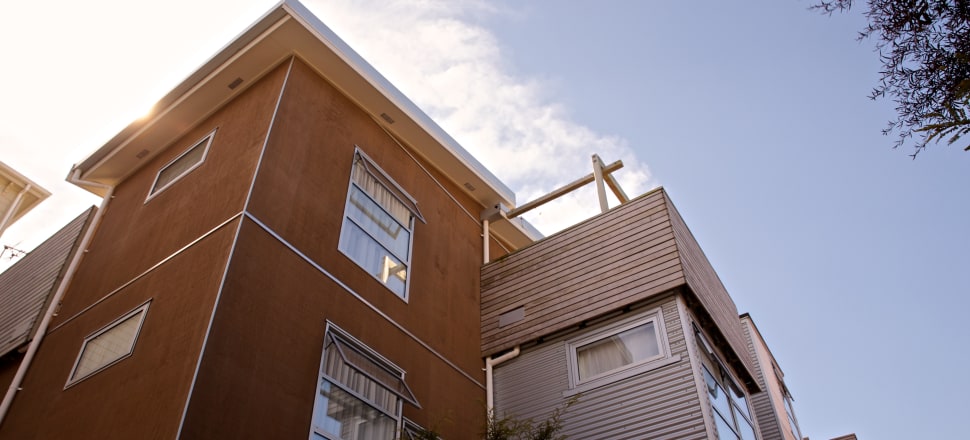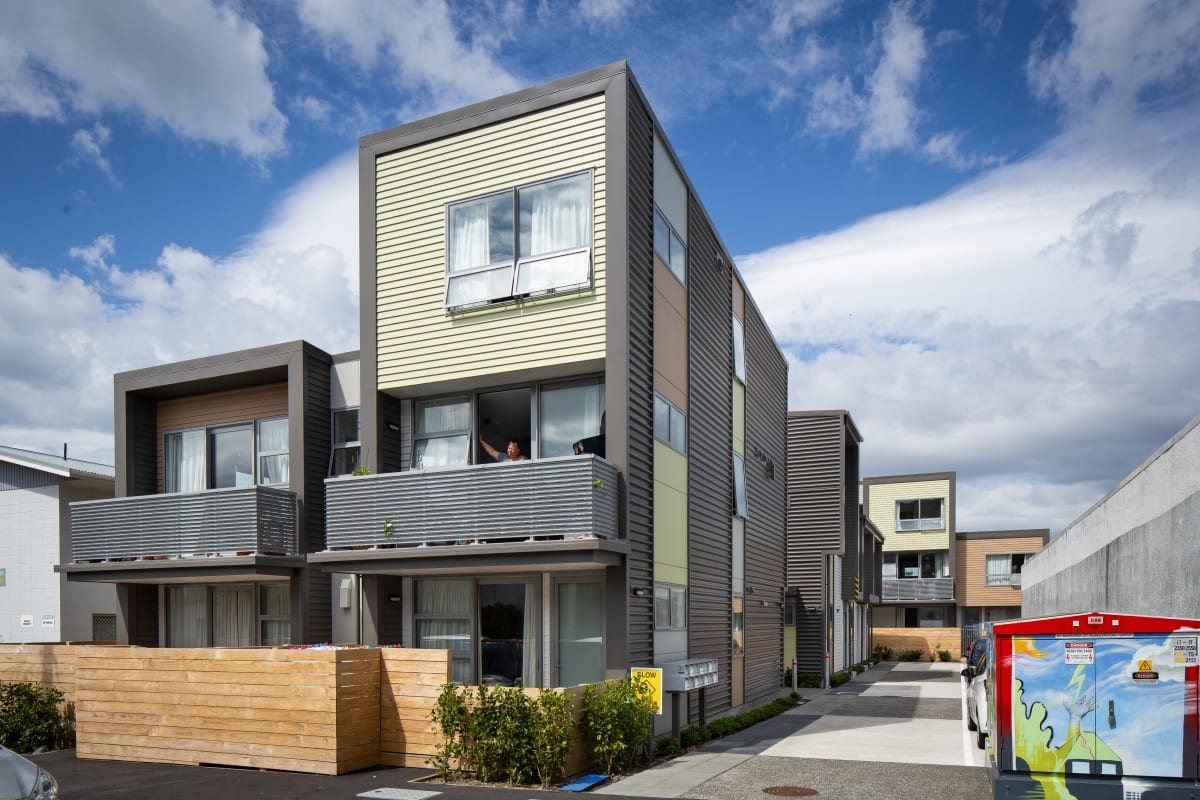
Over the past five years, $1 billion has been spent on emergency housing grants. While the families accessing these grants have been kept off the streets, the lack of affordable housing remains a serious issue.
"Ka mua, ka muri" is a whakatauki that many will know means "walking backwards into the future" - and it conveys that idea of looking to the past to inform the future.
Following news that over $1 billion has been spent on Emergency Housing Special Needs Grants in the past five years, it is clear the future is looking bleak for many families if we don’t find better solutions to New Zealand’s ongoing housing crisis.
Not only is it an increasingly expensive challenge, but there is also the social cost: 4500 children are among the 8000 families currently living in insecure emergency accommodation - many of these places in converted motels.
So as the whakatauki says, if we’re going to leave a better housing sector for the next generation, the answers might actually be found in the past.
Where have we come from?
At Community Housing Aotearoa, we don’t have to look too far for these answers. Many of our community housing provider members have been working on addressing housing need for decades, with Dwell Housing Trust in Wellington celebrating 40 years just last year.
Dwell provides social housing for people on the Housing Register, affordable below-market rentals, and has a shared home ownership programme.
The Trust houses over 200 people, is currently building 19 new homes and has the capacity to develop a further 124 over the next three years if the right mix of funding and finance can be locked in with certainty.

Dwell CEO Alison Cadman reflected on her recent appointment to the NZ Order of Merit with the comment that community housing providers embody “the pioneering, exploring innovative spirit”. Born at the start of our housing crisis in the early 1980s - in direct response to the needs of local communities seeing significant gentrification and out of a knowledge that a ‘third sector’ was required to provide the range of options that households needed - community housing providers have shown they are tenacious in their commitment to the people they serve.
What they have also demonstrated over 40 years is that they are skilled at creating intentional communities and weathering the bust and bubble nature of the housing market, as well as navigating political and planning cycles, while providing thousands of quality, affordable and secure homes.
Where are we going?
As we pass the $1 billion mark for emergency housing grants, we should really see this as a wake-up call to put as much emphasis as we can on the policies and practices that will see organisations like Dwell play an ever bigger role.
There are a range of ways we could make this happen including the provision of government securities to guarantee lower cost finance for community based housing providers, ensuring the RMA reforms provide for permanently affordable homes in amongst all the new supply they are intended to create through inclusionary housing and by ensuring that the Progressive Home Ownership fund is locked in for the long-term.
Overall, what we need are the policy settings to be long-term and the capital investment to be at the scale needed to really stimulate the growth of the sector.
In addition to the policy levers is the importance of building and maintaining strong, enduring relationships. In a crisis as significant as ours, solutions are more likely to stick, and be good for communities, through genuine collaboration between all parties.
Given the ability of the community housing sector to deliver tailored, targeted housing solutions in really cost-effective ways, which can undoubtedly alleviate the pressure on a social housing system groaning under an avalanche of need, we know it is a critical part of the equation.
This collaboration is not a nice to have, it is key to ensuring the wellbeing of our society.
It is about the generation of young people growing up in temporary accommodation, without that ability to put down roots in a community, which we all know is so vital to a child’s development.
We need to work together - because our kids deserve it.
This is the second in of a series of Partnership Content articles with Community Housing Aotearoa. Read part one here.







